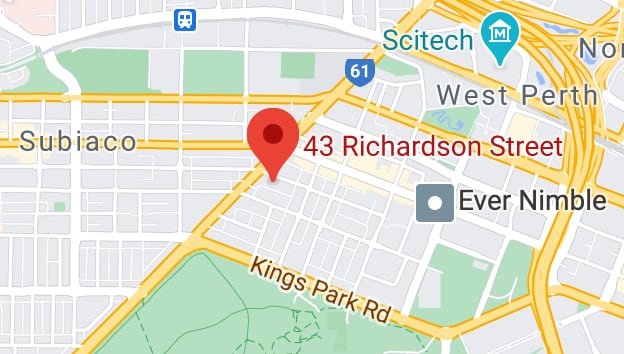Early Pregnancy Problems
A pregnancy can be a smooth journey or you can be confronted with complications. Below is an overview of potential early pregnancy problems and how to react. The occasional spotting and light bleeding during your pregnancy, can be caused by a number of things. While it’s probably nothing to worry about, you should always be cautious when you are pregnant.
Potential Early Pregnancy Problems
Bleeding in Pregnancy
Spotting blood in the very early stages if pregnancy is something a lot of women experience. While it can be a sign of a problem it’s not always the case. However, you should always consult your doctor just to be on the safe side and to put your mind at ease.
Why does it happen?
There are a number of reasons why you may bleed in the first trimester:
- Implantation: when the egg implants into the lining of the womb (this happens 6-10 days after ovulation)
- Infection: for example a vaginal infection, infection in the cervix or STD can cause bleeding
- Miscarriage or threatened miscarriage: this often happens due to a bleed under the developing placenta called a ‘subchorionic haemorrhage’
- Ectopic pregnancy: where the egg dangerously implants in the fallopian tube
- Cervical changes: higher estrogen levels can lead to friable cervical tissue – this I generally benign.
Does this mean I will lose the baby?
No, light spotting does not mean you are going to miscarry. However, it may be a warning sign and should always be checked out. More than 50% of women who bleed during pregnancy go on to have healthy births.
What should I do?
If you have had your pregnancy confirmed and you experience more than a few light spots of blood you should immediately visit your doctor. There is no harm in being cautious, plus being stressed will not help. If you are a Rhesus negative blood group you should always see your doctor as you will need an anti-D injection.
Some of my patients say that they feel understood as a woman, because I share my own maternal and woman’s health experience when I work with them. I believe that, when discussing early pregnancy problems, you deserve to be heard and understood. So I focus on establishing a safe and nurturing relationship with you as a patient, and on the quality of our communication.
You're Pregnant- What's next?
Congratulations- you're expecting!
If you’ve tested positive, this is the start of a great experience! There are a lot of changes happening in your body now and you will probably be wondering what they are and also what you’re supposed to do next.
The first doctor's visit
Once your pregnancy is confirmed, your doctor will arrange antenatal blood tests including an infectious disease screen (for things like HIV and Hepatitis) an immunity screen (for chicken pox and rubella) and a baseline assessment for things like anaemia, vitamin D and iron levels and kidney and liver function tests.
A urine screen for UTI is also done as this is often ‘silent’ in pregnancy and can lead to complications. Your doctor can discuss screening of the baby’s chromosomes through NIPT (as early as 10 weeks) or the first trimester screen (12 weeks).
Symptoms in the early days
Not every woman suffers morning sickness during the first trimester but be prepared to feel extremely tired as your body adjusts itself. You may experience what feels like light period pains in the first weeks, your breast will begin to swell and feel tender, you may get headaches, feel more thirsty than usual and go to the toilet more.
Your stomach will begin to distend a little, or at least feel harder as the embryo settles into the womb. You will also be feeling the joy of ‘having a secret’ as you wait to share your news with the world – most wait until after the first scan.
The first ultrasound scan
Normally, once the pregnancy is confirmed, you will have a viability scan around 6-7 weeks. This scan is not harmful to the growing fetus or the mother and is the best marker for calculating the exact due date.
A second scan is offered at around 12 weeks to screen for syndromes associated with abnormal chromosomes (eg Down syndrome). This scan is combined with a blood test and the mother’s age to provide a risk score (first trimester screen).
How often should I visit my doctor?
Your doctor or gynaecologist will schedule your appointments according to each check-up. Low risk women will only require several appointments over the course of the pregnancy. High risk pregnancies (e.g. older women, IVF pregnancies, twins, women with medical problems) require more frequent visits.
It’s now time to take care of your health, nutrition and to rest properly. Embrace with joy the new life growing within!
Comprehensive fertility treatment is planned and coordinated with Monash IVF West Leederville, one of WA’s leading fertility centres.
Call us to make an appointment: 1800 628 533
Not Falling Pregnant
Read about what reasons could be contributing to why you are having difficulty conceiving.
Read more
Recurrent Miscarriages
Read about recurrent miscarriages, why they occur and how they can be treated.
Read more
Genetic Diseases and Family Planning
Read about what genetic diseases could be impacting your ability to conceive and influence your family planning.
Read More



